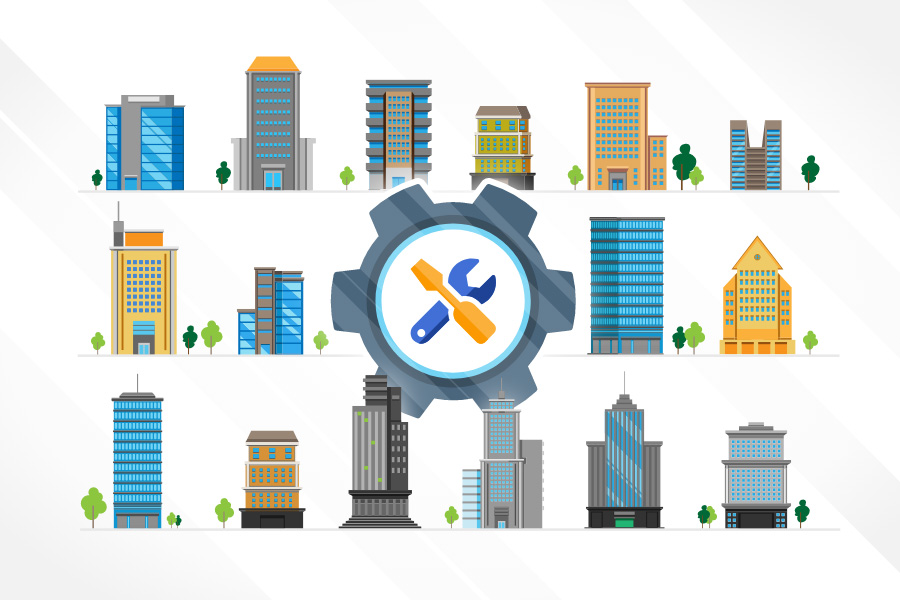
There are various factors to consider when selecting an ERP system for an organization. While the system may cater to today’s business requirements, what about meeting the long-term requirements? There are many business growth scenarios to consider, for example:
- An organization may diversify the business
- Within the organization, each function grows substantially and is treated as a separate organization
- Growth in different geographies may result in the creation of a separate company
Think of the different growth scenarios when choosing an ERP system
These are just a few examples of why organizations need to think about future growth while evaluating the next tool of choice.
Read on: Why you should use ERP if you want to grow
A multi-company setup in ERP systems meets this requirement. With this setup, a parent enterprise centrally manages the entire holding company and therefore has access to all the data of the subordinate companies. It can also grant access and permissions to other units.
With an all-in-one solution like Vault, you can setup multiple companies and manage each company individually using a single user interface. In such a setup, the system ensures the data related to each company, such as HR, finance, sales, etc., stays separate.
Benefits of using a multi-company ERP system
There are numerous advantages of implementing a multi-company system over using different solutions for each company:
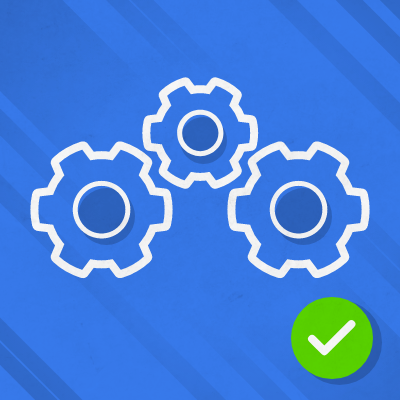
Implementation cost is a major factor in ERP implementation. The cost can easily multiply if an organization wants to implement an ERP system for another company, but the current software does not support a multi-company setup. If you want to grow, it’s important to look for scalability.
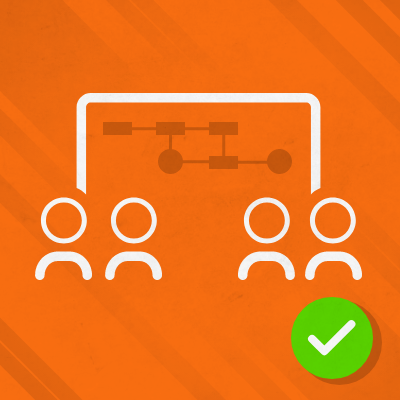
If the system supports a multi-company setup, the enterprise can provide training to its staff from one company to another or schedule cross-company trainings and workshops. Also, the organization may only have to train the staff of one company using an external worker.
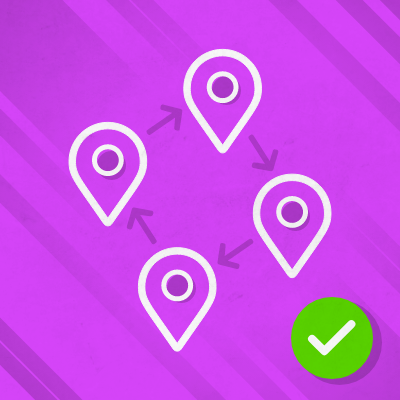
It’s very common for employees to get transferred, either permanently or on deputation, from one company to another within the same organization. In such a scenario, the transferred employee will not have to learn how to manage a new system. A multi-company setup provides the same well-known functionality, user interface and way of working across companies.
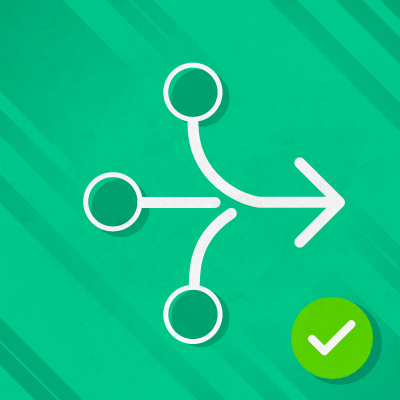
This is probably the most important feature and advantage of a multi-company system. Since a multi-company ERP is a single system, the highest level of management can have a consolidated view of all the companies in an organization which’ll allows them to make better decisions.
Read on: Get your ERP tailored the way you want
International companies may struggle with a single system
While there are significant advantages of using a multi-company system, there are even more aspects to consider for international organizations:
- Different ways of working
Each company under an organization may have a different way of working and a different company culture – which is derived from the culture of the country the company is set up in. If the system can’t be customized and doesn’t support the unique workflow, productivity can suffer.
- Different regulatory requirements
Companies spread over different countries, mainly if they are based in different continents, might have different regulatory requirements. If the system doesn’t support country-specific regulations, or isn’t flexible enough, it could be an issue and should be considered before implementation.
Different countries, or geographies, apart from regulatory requirements, also mean each company may work in different language. A language barrier still exists as many countries don’t use English as a primary language in business contact – localization comes in handy in this scenario.
Read on: Key benefits and drawbacks of ERP systems
Need some guidance?
Picking the right ERP system can be a difficult task. Even when all of the above has been considered, there are other things which are specific to an enterprise or company that need to be considered. The best way to ensure you pick the right ERP system that meets all your requirements is to reach out and specify your needs. Here at Vault we are happy to help.
